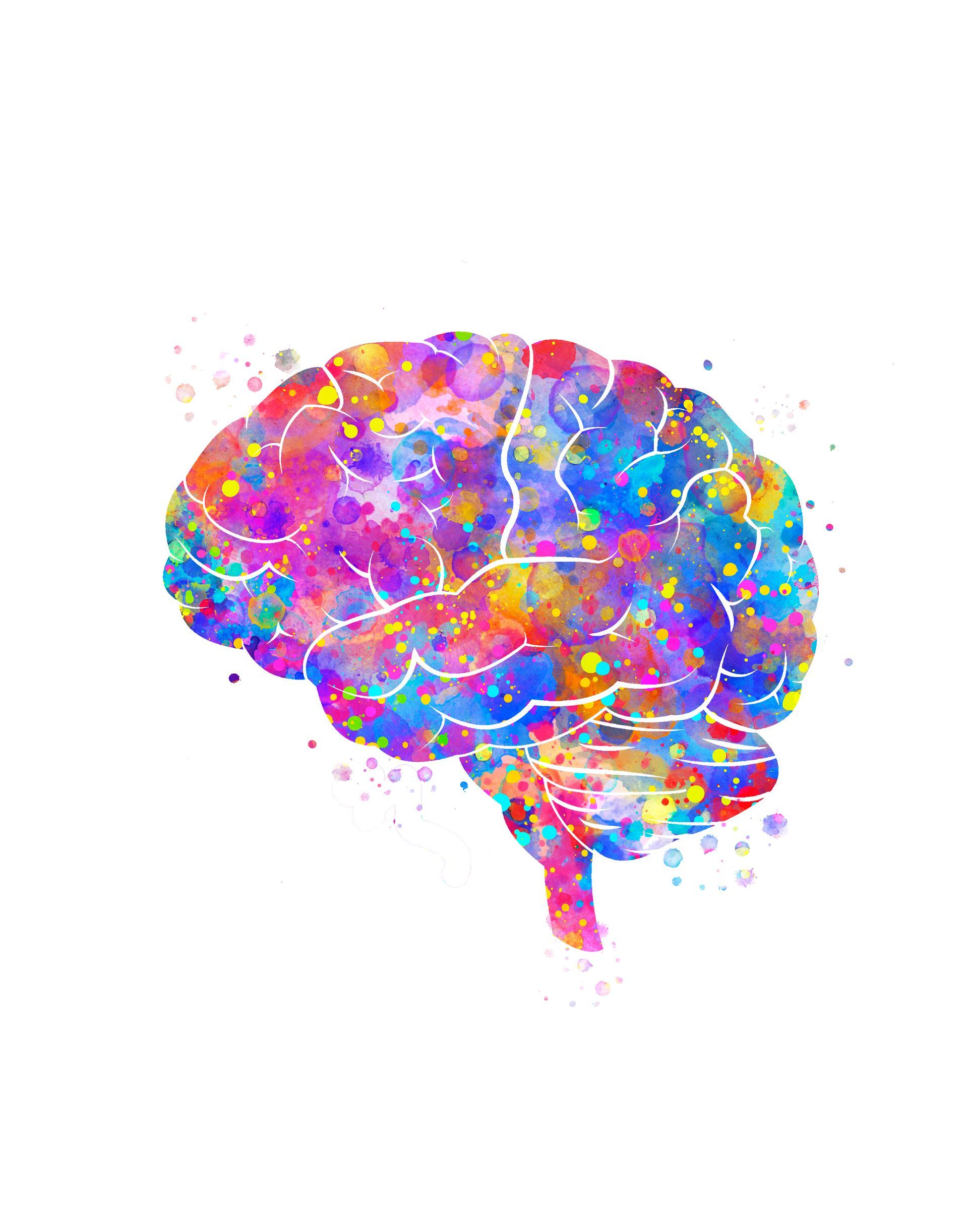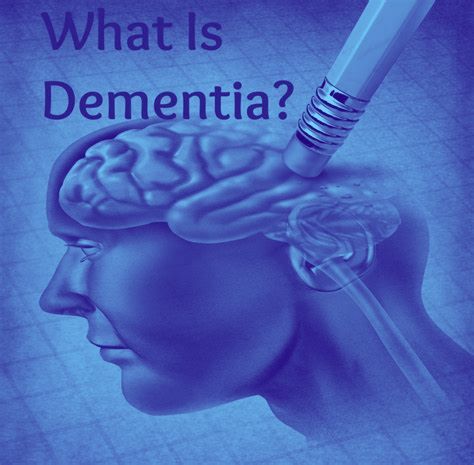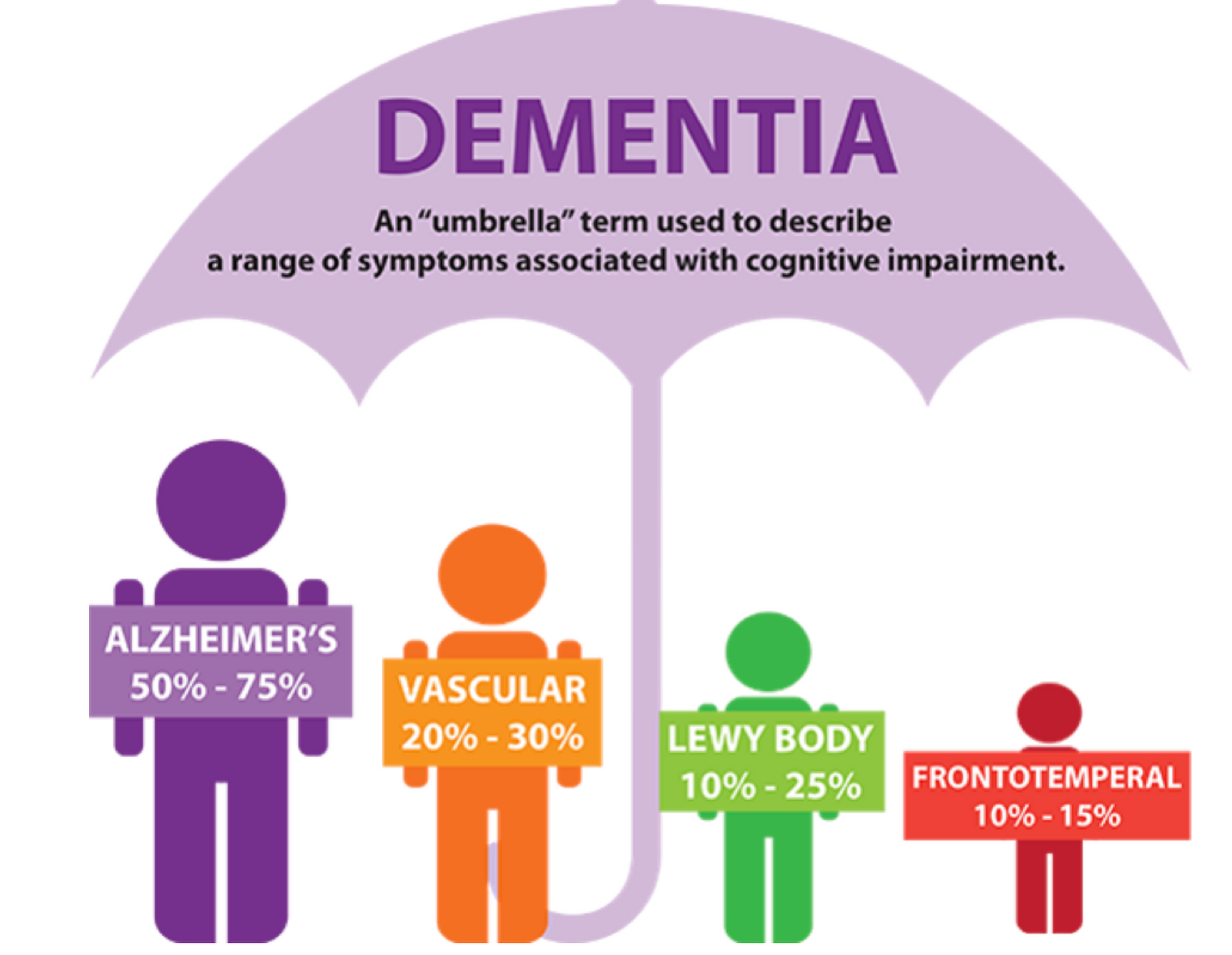The Hidden Toll: Navigating the Exhaustive Stages of Caregiver Burnout
Navigating the Exhaustive Stages of Caregiver Burnout
Being a caregiver is a selfless and honorable role, but it can also take a toll on your physical, emotional, and mental well-being. The hidden burdens of caregiver burnout often go unnoticed, as we rarely discuss the exhaustive stages that caregivers go through in caring for their loved ones. But it's time to shed light on this important issue.
In this article, we will explore the hidden toll of caregiver burnout and the stages that caregivers often face. From the initial sense of responsibility and dedication to the gradual build-up of stress and exhaustion, we will delve into the intricate journey that caregivers experience.
We will also discuss the impact of caregiver burnout on both the caregiver and the person receiving care, as well as provide practical tips on how to prevent and manage caregiver burnout.
If you are a caregiver or know someone who is, this article will provide valuable insights and guidance on navigating the exhaustive stages of caregiver burnout. Let's shed light on this hidden toll and support those who selflessly dedicate themselves to caring for others.
Keywords: caregiver burnout, stages of caregiver burnout, hidden toll, prevent and manage caregiver burnout.
Understanding caregiver burnout
Caregiver burnout is a state of physical, emotional, and mental exhaustion that can occur when caregivers are overwhelmed by the demands of their role. This phenomenon is often characterized by feelings of helplessness, hopelessness, and a sense of being trapped. Caregivers typically take on the responsibility of caring for a loved one with chronic illness, disability, or other challenging conditions, which can lead to a gradual erosion of their own well-being. Understanding caregiver burnout is crucial for recognizing its impact and implementing effective strategies for prevention and recovery.
The journey into caregiver burnout often begins with a deep sense of commitment and compassion. Caregivers initially approach their responsibilities with enthusiasm and dedication, driven by love and a desire to support their loved ones. However, as time passes, the weight of continuous caregiving can become burdensome. The emotional highs of providing care can diminish, replaced by feelings of frustration, exhaustion, and isolation. Many caregivers find themselves in a cycle where their needs are pushed aside, deepening their sense of burnout.
Recognizing caregiver burnout involves understanding the various stages and recognizing when a caregiver may be transitioning from a state of healthy caregiving to one of burnout. Awareness is the first step toward addressing the hidden toll that caregiving can take. By identifying the signs and symptoms early, caregivers can take proactive measures to protect their well-being and ensure they are able to provide care sustainably without sacrificing their own health.
Signs and symptoms of caregiver burnout
The signs and symptoms of caregiver burnout can manifest in various ways, affecting multiple aspects of a caregiver's life. Emotional symptoms are often the most visible and can include feelings of anger, anxiety, and depression. Caregivers may feel overwhelmed by the emotional demands placed upon them, leading to irritability and mood swings. These emotional changes can also lead to social withdrawal, where caregivers isolate themselves from friends and family, further exacerbating feelings of loneliness and despair.
Physical symptoms are equally significant and can include chronic fatigue, sleep disturbances, and a decline in overall health. Caregivers may neglect their own health, forgetting to eat properly or skipping medical appointments. This neglect can result in increased susceptibility to illness and a decline in physical fitness. The stress of caregiving can also manifest in headaches, gastrointestinal issues, and other stress-related ailments, making it crucial for caregivers to pay attention to their physical well-being.
Cognitive symptoms can also be a significant part of caregiver burnout. Caregivers may experience difficulty concentrating, making decisions, or remembering important tasks. This cognitive overload can lead to frustration and a diminished sense of self-efficacy. As caregivers find themselves struggling to manage their responsibilities, they may feel inadequate or guilty for not being able to provide the level of care they desire. Being aware of these signs and symptoms is essential for caregivers to recognize when they may need to take a step back and evaluate their approach to caregiving.
Causes of caregiver burnout
Several factors contribute to caregiver burnout, making it essential to understand the underlying causes. One primary cause is the emotional and physical demands of caregiving itself. Caregivers often find themselves juggling numerous responsibilities, including managing medications, coordinating medical appointments, and providing daily assistance with activities of daily living. The intensity and duration of these responsibilities can lead to an overwhelming sense of stress, particularly when combined with a lack of respite or support.
Another contributing factor is the lack of control caregivers may feel over their situation. Many caregivers report feeling trapped in their roles, with little opportunity for self-care or personal time. This sense of helplessness can be exacerbated by financial strains, particularly if caregivers are unable to work due to their caregiving responsibilities. The financial burden, coupled with the emotional toll of caring for a loved one, can create a perfect storm for burnout.
Social isolation is another significant cause of caregiver burnout. Many caregivers find that their responsibilities limit their social interactions and support networks.
Friends and family may not fully understand the challenges faced by caregivers, leading to feelings of loneliness. Additionally, caregivers may feel guilty for wanting time away from their loved ones, further isolating themselves. This lack of social support can make it difficult for caregivers to cope with the stresses of their role and can contribute significantly to the development of burnout.
The emotional toll of caregiver burnout
The emotional toll of caregiver burnout can be profound and far-reaching. Caregivers often experience a myriad of emotions, including guilt, resentment, and sadness. Guilt can stem from the belief that they are not doing enough for their loved ones, while resentment may arise from feeling overwhelmed by the demands of caregiving. These conflicting emotions can lead to a cycle of negative thoughts that perpetuate feelings of inadequacy, making it challenging for caregivers to find joy in their role.
Moreover, caregivers may struggle with a sense of loss, particularly if they are caring for someone with a degenerative condition. Observing a loved one’s decline can evoke feelings of grief and helplessness, further complicating the emotional landscape. Caregivers may feel as though they are mourning the loss of the person their loved one once was, while simultaneously managing the responsibilities of care. This grief can manifest in emotional exhaustion, making it difficult to maintain the energy needed for effective caregiving.
Additionally, caregiver burnout can lead to a diminished sense of self-worth. Many caregivers identify themselves primarily through their caregiving role, and when they begin to struggle, they may also start to question their identity and value outside of this role. This can lead to a dangerous cycle where caregivers neglect their own needs, perpetuating feelings of burnout. Recognizing and addressing the emotional toll of caregiving is vital for caregivers to reclaim their sense of self and restore balance in their lives.
The physical toll of caregiver burnout
The physical toll of caregiver burnout often manifests in various health issues that can significantly impact a caregiver’s overall quality of life. Chronic stress, a common byproduct of caregiving, can lead to fatigue, headaches, and other stress-related ailments. Caregivers may find themselves constantly exhausted, struggling to maintain energy levels required for both caregiving and their personal lives. This physical fatigue can also contribute to a lack of motivation to engage in self-care practices, further compounding health issues.
In addition to fatigue, caregivers may experience sleep disturbances, which can exacerbate their physical and emotional challenges. Many caregivers report insomnia or disrupted sleep patterns due to the demands of caregiving, which can make it challenging to recharge and recover. Over time, lack of restorative sleep can lead to a host of health problems, including increased susceptibility to illness, weight gain, and cardiovascular issues. The physical toll can create a vicious cycle, where poor health leads to even greater difficulty in managing caregiving responsibilities.
Physical health issues can also manifest in neglecting one’s own healthcare needs. Caregivers may postpone medical appointments, ignore symptoms of illness, or fail to prioritize their nutrition and exercise. This neglect can create a downward spiral, where caregivers become increasingly unwell and less capable of providing effective care to their loved ones. Addressing the physical toll of caregiver burnout is essential for caregivers to not only sustain their own health but also to continue providing the care and support their loved ones need.
The mental toll of caregiver burnout
The mental toll of caregiver burnout is often characterized by cognitive overload and diminished mental clarity. Caregivers frequently juggle a myriad of responsibilities, which can lead to feelings of being overwhelmed and mentally fatigued. This cognitive strain can result in difficulty concentrating, forgetfulness, and indecisiveness, making it challenging for caregivers to manage their responsibilities effectively. As mental exhaustion sets in, caregivers may find it increasingly difficult to perform even simple tasks, leading to frustration and self-doubt.
Additionally, the stress of caregiving can lead to anxiety and depression. Constantly worrying about a loved one's well-being can create a pervasive sense of dread and unease. Caregivers may feel anxious about making the right decisions, managing finances, or providing adequate care, all of which can contribute to a heightened state of mental distress. Over time, these feelings can escalate into clinical anxiety or depression, making it imperative for caregivers to acknowledge and address their mental health needs.
Moreover, the mental toll of caregiver burnout can lead to a sense of isolation and loneliness. Many caregivers feel as though they are navigating their challenges alone, particularly if they lack a supportive network. This isolation can breed feelings of helplessness, as caregivers may believe that no one understands their struggles. Addressing the mental toll of caregiver burnout requires caregivers to seek out support, whether through professional help, peer support groups, or open communication with friends and family.
Coping strategies for caregiver burnout
Implementing effective coping strategies can make a significant difference in managing caregiver burnout. One essential strategy is to prioritize self-care. Caregivers often place their needs on the back burner, but taking time for oneself is crucial. This can include engaging in hobbies, exercising, or simply taking a few moments each day for relaxation. Prioritizing self-care not only helps caregivers recharge but also enhances their ability to provide care effectively.
Setting boundaries is another vital strategy for coping with caregiver burnout. Caregivers may struggle with the pressure to do everything for their loved ones, but it's important to recognize one’s limits. Establishing clear boundaries regarding caregiving responsibilities can help prevent feelings of being overwhelmed. This may involve delegating tasks to other family members or seeking external support, allowing caregivers to create a more manageable caregiving environment.
Additionally, practicing mindfulness and stress-reduction techniques can be beneficial in combating caregiver burnout. Mindfulness practices, such as meditation or deep-breathing exercises, can help caregivers stay grounded and reduce anxiety. Engaging in regular physical activity and maintaining a healthy diet can also contribute to overall well-being. By integrating these coping strategies into their daily lives, caregivers can create a more balanced approach to caregiving and mitigate the risk of burnout.
Seeking support for caregiver burnout
Seeking support is a crucial step for caregivers experiencing burnout. Many caregivers hesitate to ask for help, believing that they should be able to manage everything on their own. However, recognizing that caregiving is a demanding role can empower caregivers to reach out for assistance. Support can come from various sources, including family members, friends, and community organizations that offer resources for caregivers.
Joining a support group can also provide caregivers with a sense of community and understanding. Connecting with others who are experiencing similar challenges can help alleviate feelings of isolation and provide valuable insights into coping strategies. Support groups offer a safe space for caregivers to share their experiences, frustrations, and successes, fostering a sense of belonging and camaraderie.
Additionally, professional support, such as therapy or counseling, can be beneficial for caregivers struggling with burnout. Therapists can provide tools and strategies to manage stress and address underlying emotional issues. Seeking professional help can empower caregivers to navigate their challenges more effectively and develop a healthier mindset towards caregiving. By recognizing the importance of seeking support, caregivers can take significant steps toward alleviating burnout and enhancing their overall well-being.
Preventing caregiver burnout
Preventing caregiver burnout requires proactive measures and a commitment to self-care. One of the most effective ways to prevent burnout is to develop a structured routine that includes regular breaks and downtime. Caregivers should schedule time for themselves and prioritize activities that promote relaxation and rejuvenation. Whether it’s reading, going for a walk, or engaging in a hobby, making time for personal interests can help restore balance.
Education is also a vital component of prevention. Caregivers should seek out resources to better understand the conditions of their loved ones and the challenges they face. Knowledge can empower caregivers to feel more competent and confident in their roles, reducing feelings of helplessness. Many organizations offer educational programs and workshops tailored to caregivers, which can provide valuable insights and strategies for effective caregiving.
Moreover, fostering open communication is essential in preventing burnout. Caregivers should feel comfortable discussing their feelings, challenges, and needs with family members and friends. Open dialogue can lead to a better understanding of the caregiver's role and encourage others to offer support. By creating a supportive environment where caregivers feel heard and valued, the risk of burnout can be significantly reduced.
Conclusion: Taking care of yourself while caring for others
In conclusion, navigating the exhaustive stages of caregiver burnout is a challenging yet essential journey for those who selflessly dedicate themselves to caring for others. Recognizing the signs and symptoms of burnout, understanding its emotional, physical, and mental tolls, and implementing effective coping strategies are crucial for maintaining one’s well-being. Caregivers must prioritize self-care, seek support, and establish healthy boundaries to prevent burnout from overshadowing their caregiving experience.
Taking care of oneself while caring for others is not a selfish act; rather, it is a necessary commitment to ensure that caregivers can sustain their roles over the long term. By fostering a balanced approach to caregiving, caregivers can enhance their resilience and overall quality of life. It is essential to remember that caregiving is a marathon, not a sprint, and taking the time to recharge and care for oneself is vital in providing the best possible support to loved ones.
As we shed light on the hidden toll of caregiver burnout, let us continue to advocate for awareness and resources that support caregivers in their journey. By recognizing the challenges they face and encouraging open conversations about caregiver burnout, we can foster a culture of compassion and understanding that honors the invaluable contributions of caregivers everywhere.










